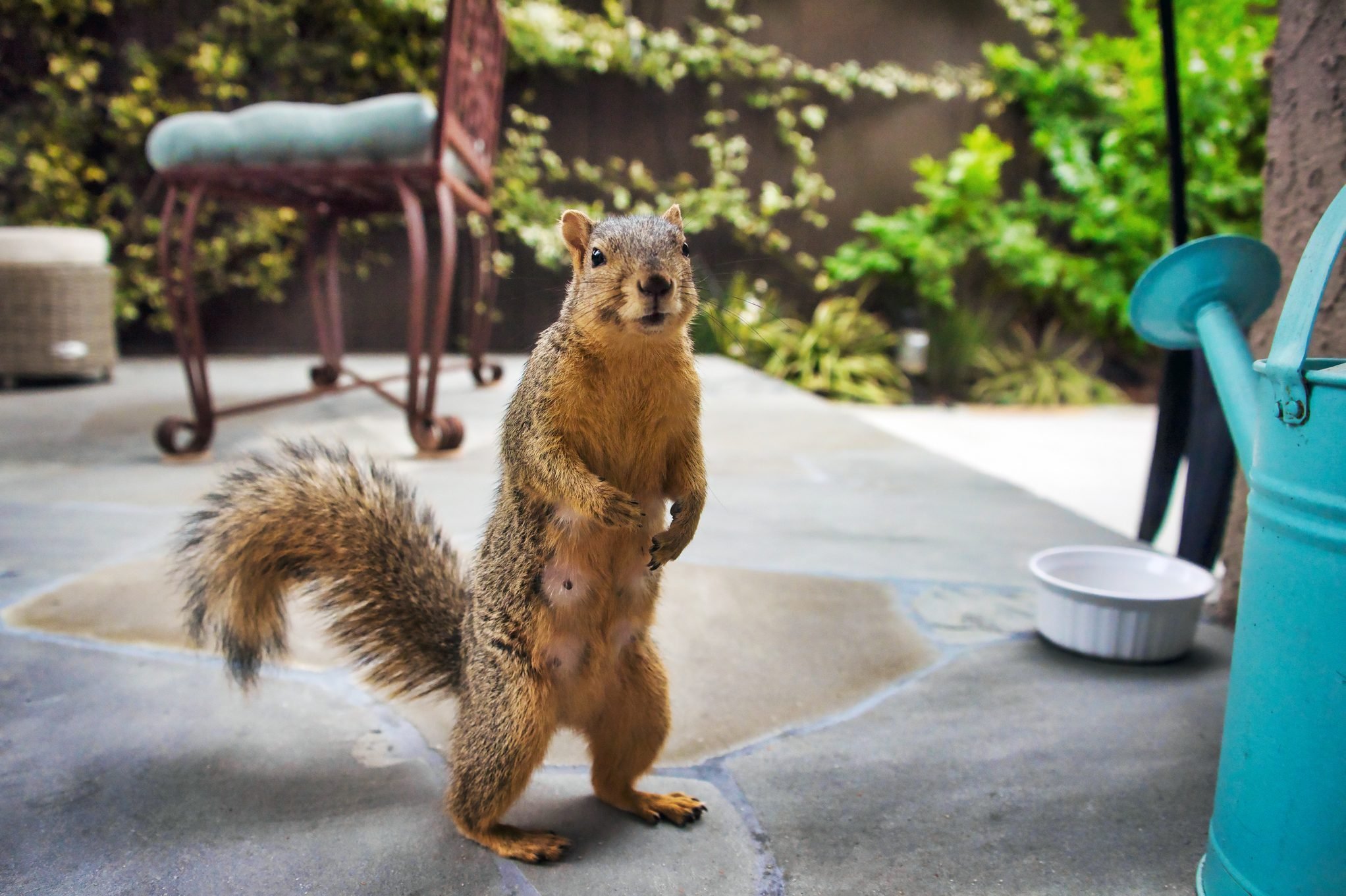Introduction
Squirrels can be charming creatures, but when they invade your garden, they often cause significant damage. From digging up bulbs to nibbling on fruits and vegetables, squirrels disrupt the harmony of your outdoor space. Understanding how to get rid of squirrels in your garden is essential for protecting your plants and maintaining a healthy ecosystem.
This article explores expert-backed strategies to deter squirrels safely and effectively. We’ll cover natural repellents, physical barriers, and behavioral insights, all grounded in research and practical experience. Whether you’re a seasoned gardener or a beginner, this guide will help you reclaim your garden while respecting wildlife.
Why Do Squirrels Invade Gardens?
Squirrels are primarily searching for food and shelter. Gardens offer a buffet of nuts, fruits, seeds, and tender plants. Their natural foraging behavior leads them to dig up bulbs or gnaw on young plants. Additionally, gardens with bird feeders or compost piles can attract squirrels looking for easy meals.
Understanding these motivations is key to preventing unwanted visits. By addressing what attracts squirrels, you can implement targeted deterrents rather than ineffective general measures.
Natural and Humane Methods to Deter Squirrels
Use Repellents That Work
- Commercial squirrel repellents: Many available products contain natural ingredients like capsaicin or predator urine, which squirrels find unpleasant.
- Homemade sprays: A mixture of water, hot pepper sauce, and garlic can be sprayed on plants to discourage squirrels without harming them.
- Plant squirrel-repellent flora: Incorporate plants like daffodils, alliums, or mint, which squirrels tend to avoid.
These methods are safe for pets and other wildlife and maintain your garden’s ecological balance.
Employ Physical Barriers
- Netting and wire mesh: Cover vulnerable plants or bulbs with hardware cloth or garden netting to physically block squirrels.
- Tree collars: Wrap smooth metal bands around tree trunks to prevent squirrels from climbing.
- Raised garden beds: Elevate plants to reduce accessibility.
Physical barriers provide a reliable, chemical-free defense when installed correctly.
Behavioral Strategies to Discourage Squirrels
Modify Feeding Practices
- Avoid leaving pet food or birdseed accessible on the ground.
- Use squirrel-proof bird feeders designed with weight-sensitive mechanisms.
Maintain Garden Cleanliness
- Regularly remove fallen fruit and nuts to eliminate easy food sources.
- Keep compost bins tightly sealed.
By reducing attractants, you encourage squirrels to seek food elsewhere.
Expert Insights and Case Studies
Research from wildlife experts highlights the effectiveness of combining multiple deterrent methods. For example, a 2021 study by the University of California found that gardens using both repellents and physical barriers saw a 70% reduction in squirrel damage compared to gardens using only one method.
Gardeners who employ consistent maintenance and humane techniques report long-term success without harming local squirrel populations, reinforcing the importance of ethical wildlife management.
Conclusion
Getting rid of squirrels in your garden requires a multifaceted approach that balances effectiveness with ecological responsibility. By understanding squirrel behavior, applying natural repellents, installing physical barriers, and managing attractants, you can protect your garden while coexisting peacefully with wildlife.
Start by assessing the specific challenges in your garden and combining strategies for the best results. Remember, persistence and patience are key to maintaining a squirrel-free garden.
Take action today to safeguard your plants and enjoy a thriving garden space.
